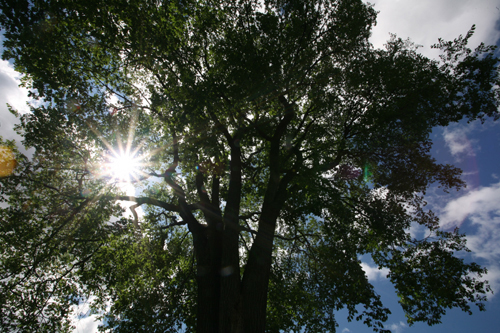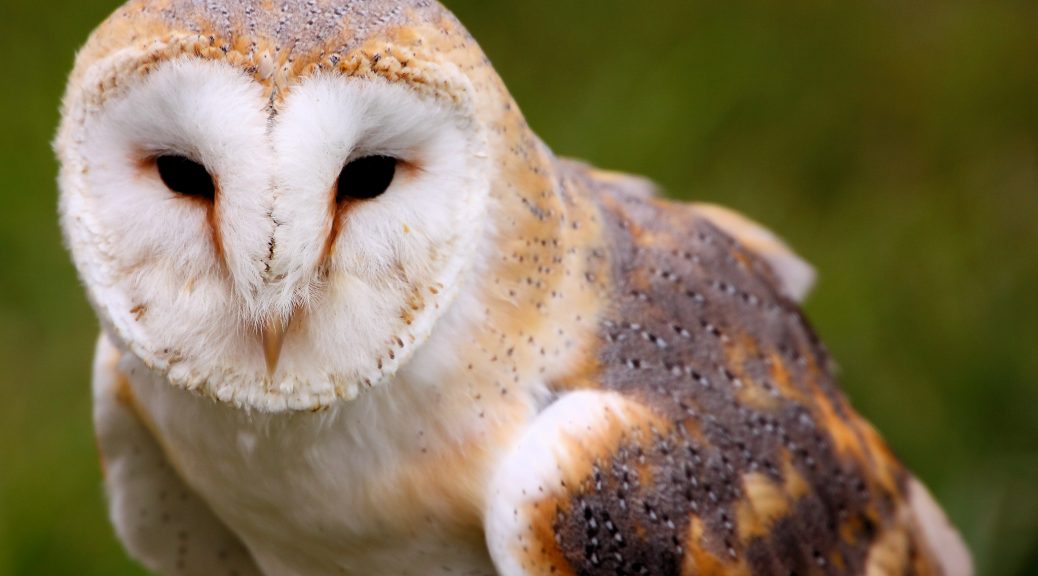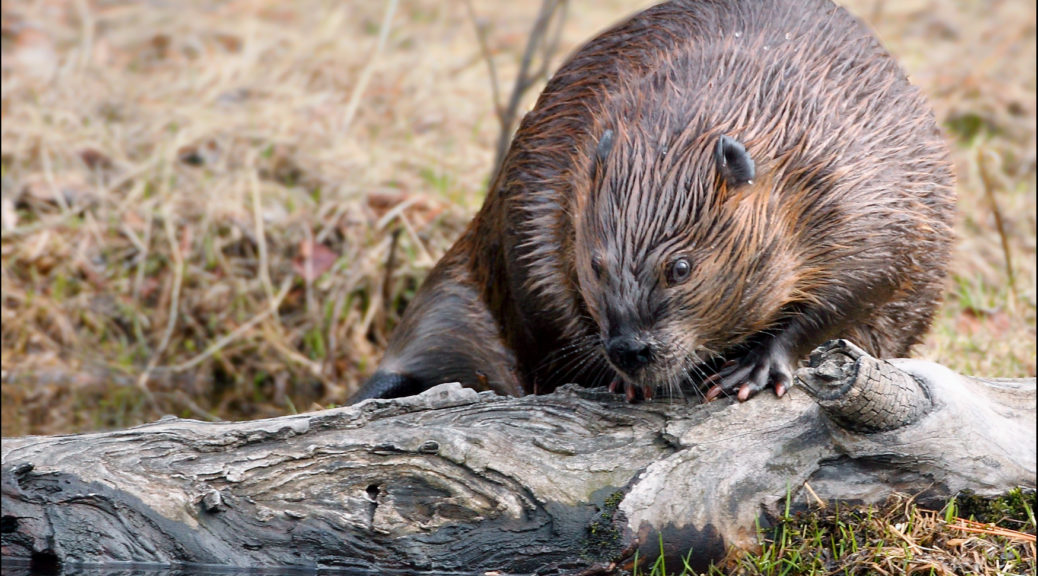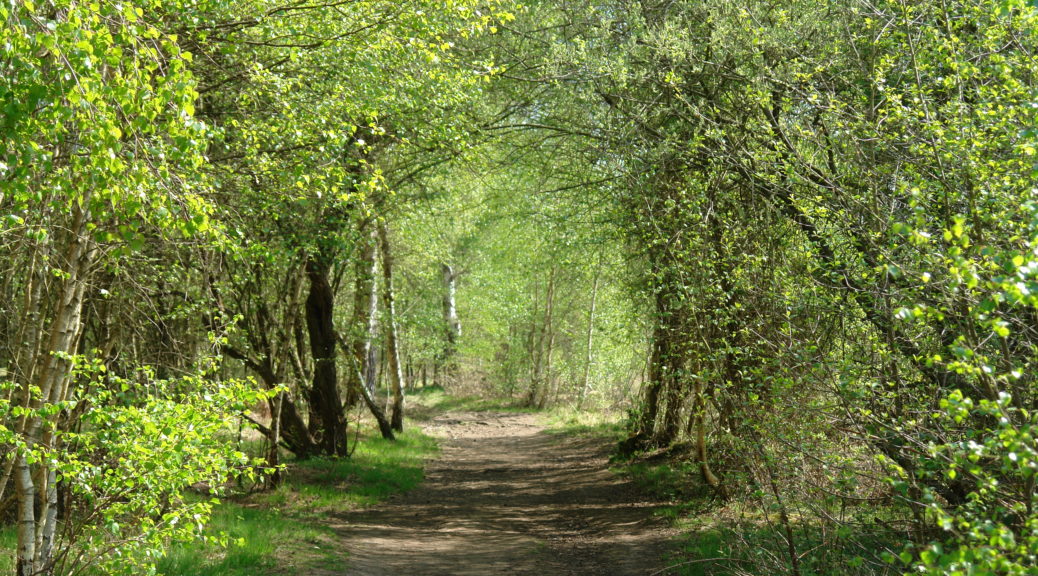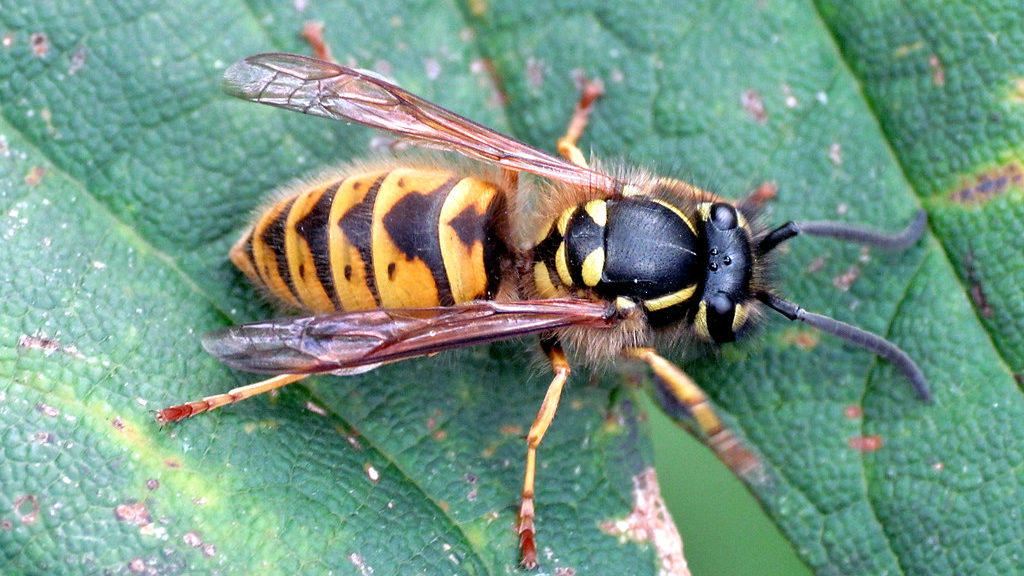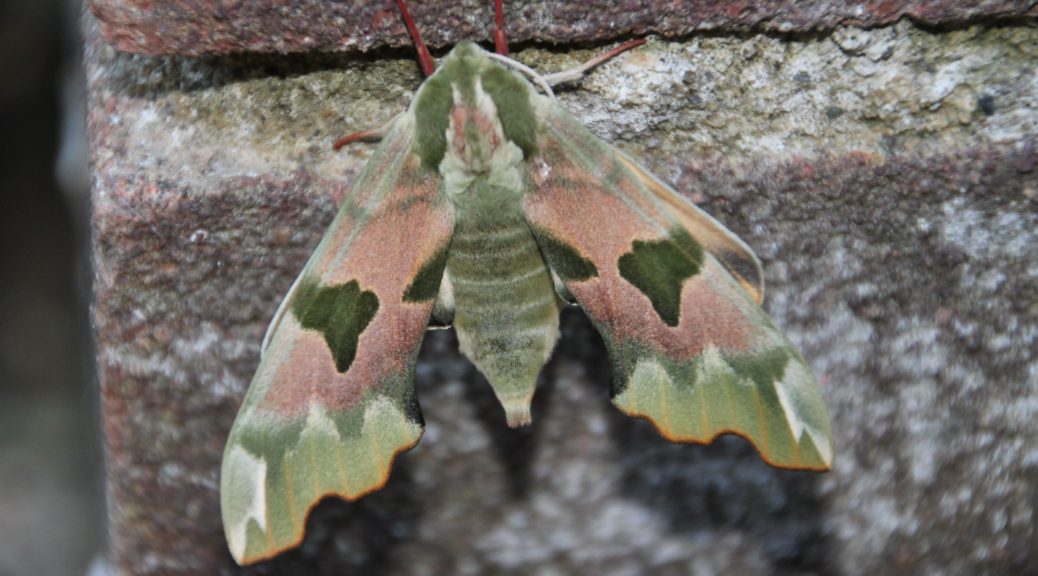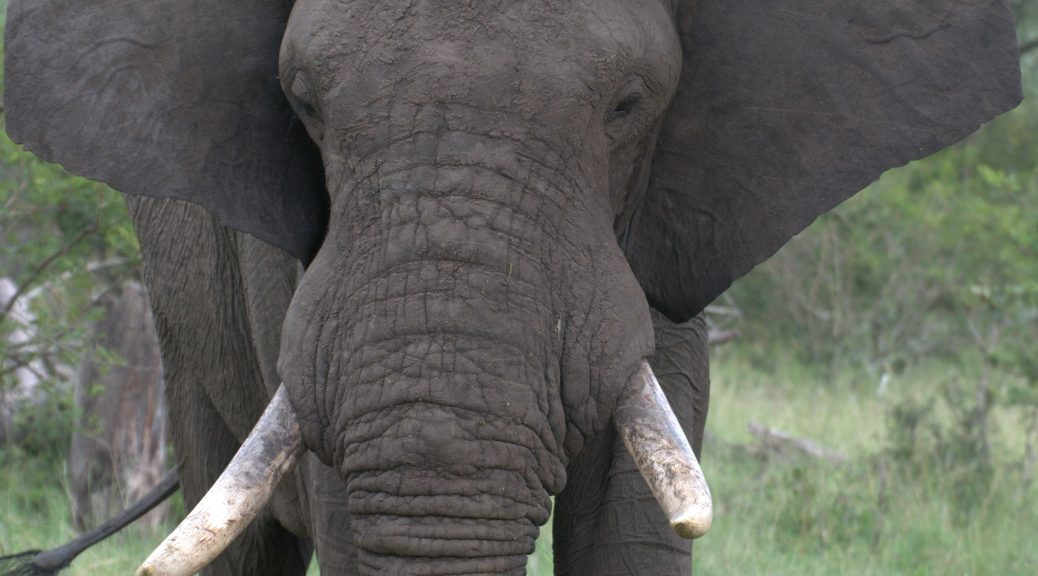The Independent reports harvest mice were once common across Europe, but populations have fallen due to modern agricultural techniques. Harvest mice were once common across Europe, but populations have fallen due to modern agricultural techniques.
The UK’s smallest rodent – the harvest mouse – is making an unexpected resurgence in Northumberland 15 years after a reintroduction of the species was believed to have failed. A 2009 survey of the site at the Northumberland Wildlife Trust’s East Chevington reserve turned up nothing, and researchers concluded the 204 harvest mice released in 2004 had not successfully colonised the area.

